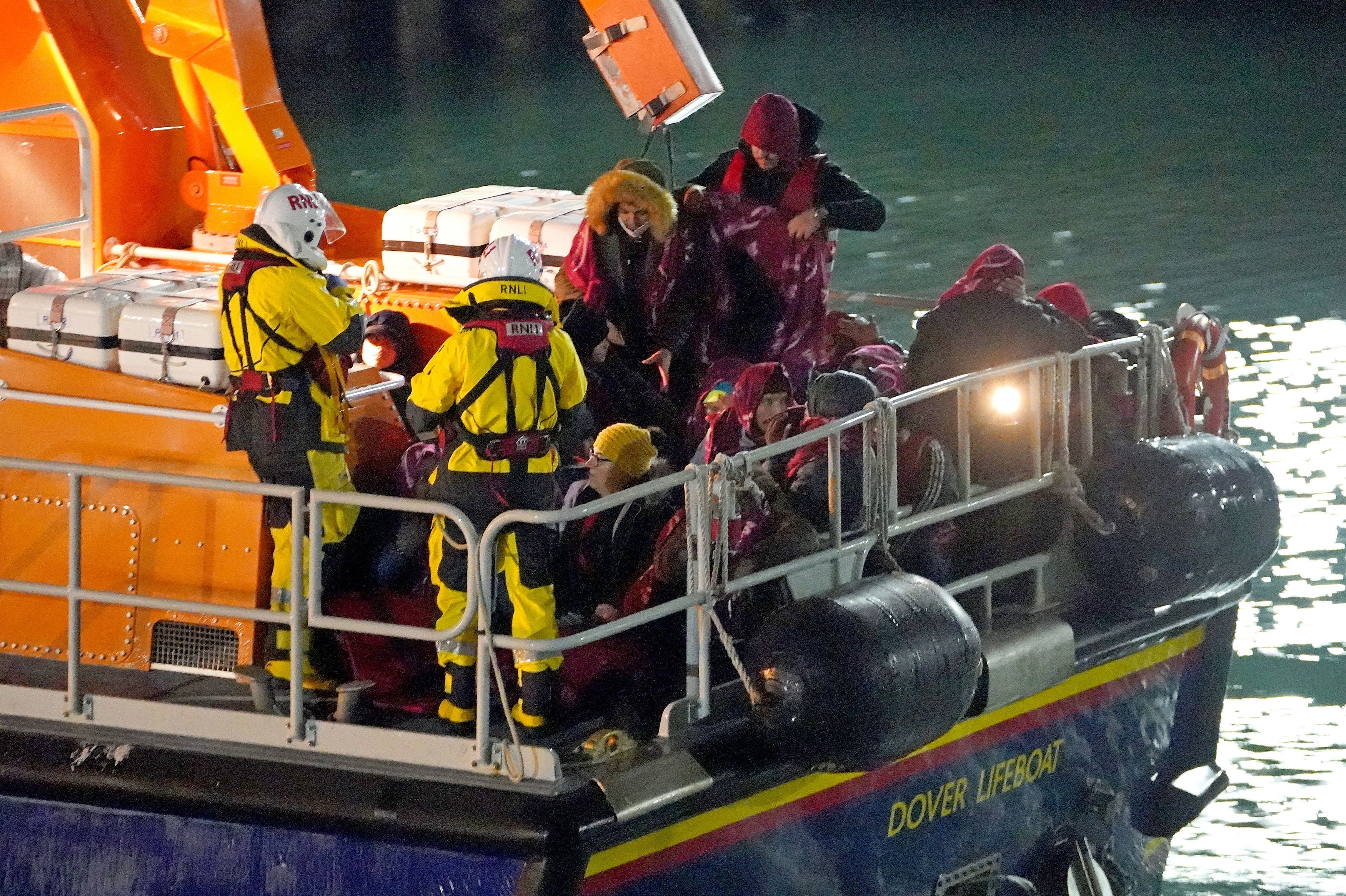Your support helps us to tell the story
From reproductive rights to climate change to Big Tech, The Independent is on the ground when the story is developing. Whether it's investigating the financials of Elon Musk's pro-Trump PAC or producing our latest documentary, 'The A Word', which shines a light on the American women fighting for reproductive rights, we know how important it is to parse out the facts from the messaging.
At such a critical moment in US history, we need reporters on the ground. Your donation allows us to keep sending journalists to speak to both sides of the story.
The Independent is trusted by Americans across the entire political spectrum. And unlike many other quality news outlets, we choose not to lock Americans out of our reporting and analysis with paywalls. We believe quality journalism should be available to everyone, paid for by those who can afford it.
Your support makes all the difference.The issue of people crossing the channel in small boats is back in the headlines.
Dozens of people died on Wednesday making the perilous journey across the sea, following UK government attempts to make the crossings more difficult.
So far this year more than 25,700 people have managed to complete the perilous crossing.
The government says it wants to make the journey unviable to deter people from making it – but is refusing to create safe alternative routes for people trying to claim asylum.
While dangerous, making the journey appears to pay off for the vast majority who complete it.
Of the 25,700 to have made it safely to the UK, just five have been returned to Europe, ministers say.
What is less realised is that this is partly down to Britain's departure from the European Union.
Despite rhetoric about borders and immigration playing a major role in the Leave vote, EU cooperation played a significant role in border policing before Brexit.
The figure of five returnees is significantly down on the 294 people who were returned last year in 2020. In that year, the UK was still covered by EU rules because of the transition period.
In 2020 the UK was still party to the EU's "Dublin" regulations. These rules allowed the government to ask other European countries to take people back if it could be proved they passed through safe European countries on their way to the UK.
The government has failed to negotiate direct replacements for the Dublin regulations.
While it has tried to toughen up domestic law to restrict asylum applications, the UK simply cannot deport people without the consent of a destination country to send them to.
Now all returns have to be individually negotiated with other countries.
However, this Brexit effect should not be overstated. Even under the Dublin regime, fewer than 10 per cent of people applying for asylum were returned under the regulations.
But it is notable that Britain leaving the EU’s sphere of cooperation has made it harder to police Britain’s sea border, not easier.

Join our commenting forum
Join thought-provoking conversations, follow other Independent readers and see their replies
Comments